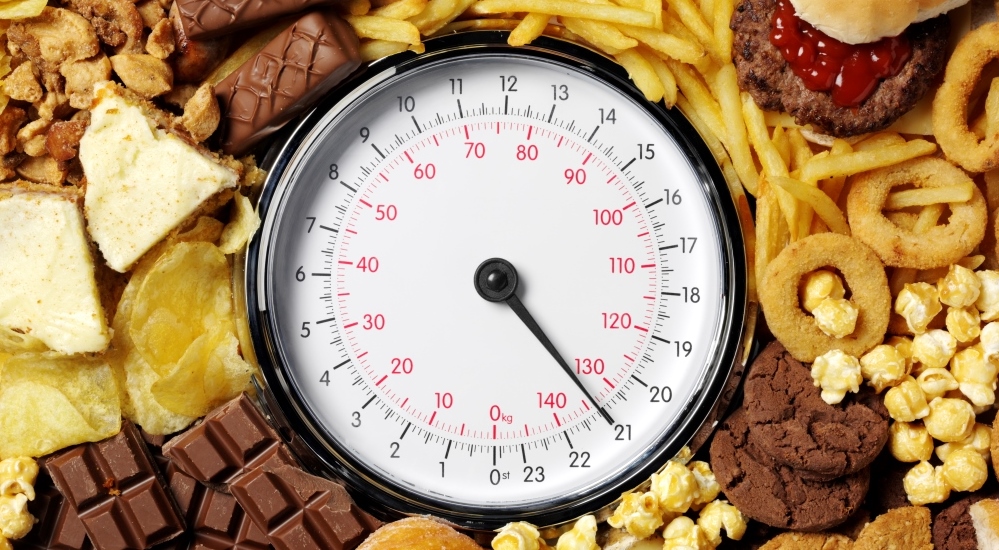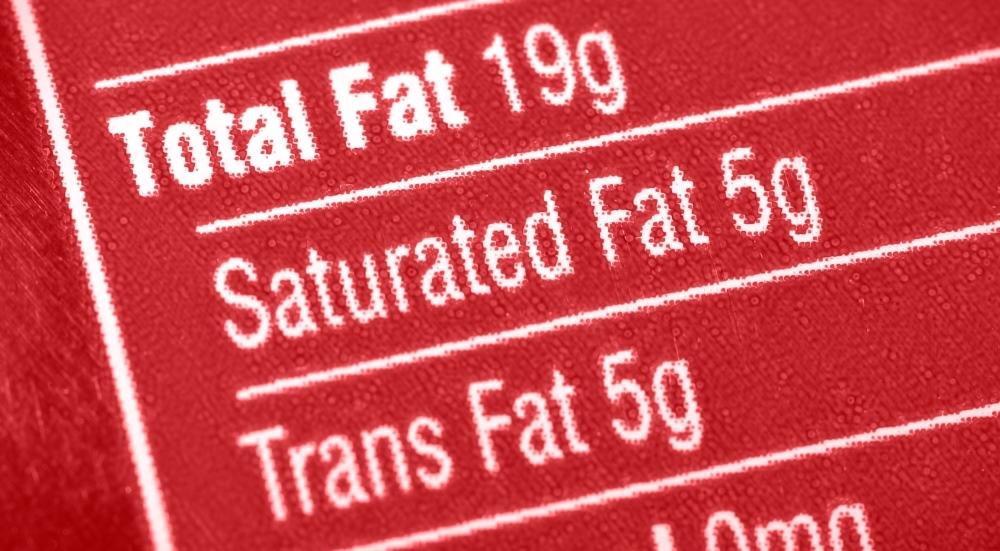Trans Fats
[@access_control@] [@article_id@] [@blog_author@] [@blog_content@] [@blog_id@] [@blog_subheader@] [@blog_subject@] [@category_id@] [@category_name@] [@category_ref@] [@category_subheader@] [@ccat_id@] [@compat_id@] [@compat_list_id@] [@compatcat_description@] [@compatcat_description2@] [@compatcat_fullname@] [@compatcat_name@] [@compatcat_ref@] [@content@] [@content_allow_reviews@] [@content_author@] [@content_compatibility_code@] [@content_description1@] [@content_description2@] [@content_description3@] [@content_external_ref1@] [@content_external_ref2@] [@content_external_ref3@] [@content_external_src@] [@content_fullpath@] [@content_id@] [@content_label1@] [@content_label2@] [@content_label3@] [@content_level@] [@content_module@] [@content_name@] [@content_ref@] [@content_short_description1@] [@content_short_description2@] [@content_short_description3@] [@content_type_code@] [@content_type_id@] [@content_type_name@] [@content_wufoo_form@] [@date_posted@] [@date_updated@] [@description@] [@description2@] [@external_ref@] [@gp_restriction@] [@id@] [@name@] [@page_content@] [@page_editor@] [@page_header@] [@page_id@] [@page_index@] [@page_subheader@] [@parent_ccat_id@] [@parent_content_id@] [@parent_id@] [@rating@] [@reviews@] [@short_description@] [@sortorder@] [@subtitle@] [@templatebody@] [@templatefoot@] [@templatehead@] [@templatesearch@] [@thumb@](CODE) [@thumb_alt@](CODE) [@thumb_alt1@](CODE) [@thumb_content_type_id@] [@timestamp@] [@title@] [@url@]
Over the years we’ve learnt that there are good fats and bad fats, but now there’s a new contender. Trans fat is the new fat on the block, and it’s very, very bad. Put it this way, trans fat is the Darth Vader of fats. It begins as a nice little vegetable oil then goes through a chemical mutation where all of its goodness gets turned into darkness. Trans fat is blamed for increasing heart diseases, obesity, infertility and maybe even Alzheimer’s. Let’s have a look at what trans fat is and exactly why it has such a villainous reputation.

What is Trans Fat
There are two types of trans fats. The first is natural and is found in the meat and dairy products of animals like cows, sheep and goats. When taken in moderation, these natural trans fats are fine.
The second is artificially made when a liquid vegetable oil is heated up and hydrogen is forced into it with a nickel or aluminium catalyst. This is called ‘hydrogenation’ and means that the liquid oil becomes solid when it has cooled down to room temperature. One of the bad things about the hydrogenation process is that the oil holds residues of the nickel or aluminium. As we know, aluminium has been linked to Alzheimer’s disease.
The result is called partially hydrogenated oil, and can be the base for margarines, baked goods and snack foods. It’s cheaper to make than natural fats like butter, coconut oil and lard, and lasts for longer on the shelf.
The hydrogenation process changes the chemical structure of the oil and turns it into an unnatural mixture of trans fatty acids. Trans fat is technically an unsaturated fat, (which is found in avocado, olive and nut oils and lowers Low-Density Lipoprotein LDL ‘bad’ cholesterol and raises High-Density Lipoprotein HDL ‘good’ cholesterol).
The important point to remember is that because trans fat’s molecules have been blasted, they behave like a mutant kind of saturated fat (which raises LDL, or ‘bad’, cholesterol levels). Trans fat has the double whammy of badness by actually raising LDL ‘bad’ cholesterol and lowering HDL ‘good’ cholesterol. Now we’re beginning to see why it’s so dangerous.
What are the health implications
The Harvard School of Public Health are leading research into the effects of trans fat. Their studies have found that people who eat a lot of trans fats are more likely to have coronary diseases, high cholesterol, inflammation and clogged arteries. Other studies from Harvard have linked a diet high in trans fats with an increased risk of Alzheimer’s disease, type-2 diabetes and weight gain.
Trans fat lowers HDL ‘good’ cholesterol that cleans up the bad cholesterol in your body and sends it to the liver. It raises LDL ‘bad’ cholesterol that clusters around your arteries and makes them hard and narrow. This means that less blood can get through to your heart, which increases the risk of heart disease. It also means that less blood can get through to your brain, which increases the risk of stroke.
Another thing that happens is that trans fat increases inflammation. Inflammation makes your body think it’s been injured, and so sets off the immune system army to destroy the invading bacteria or infection. Because the immune system doesn’t find anything to kill, it keeps looking and starts destroying healthy cells. This is called chronic inflammation and is believed to be the root cause of heart diseases and cancers.
Women are especially vulnerable to the effects of trans fats. Harvard has found that women are three times more likely to have heart disease, diabetes and stroke if their daily intake of trans fat is more than 2.5 per cent, when compared to women who have less than 1 per cent a day.
The difference between 2.5 per cent and 1 per cent of trans fat a day is half a serve of medium fries, or a large slice of pre-made apple pie, or a few cream-filled biscuits or a sandwich made on white bread spread with margarine.

How is Trans Fat labelled
Trans fat is labelled as ‘partially hydrogenated vegetable oil’ or ‘vegetable shortening’. If a label has the words ‘shortening’ or ‘hydrogenated’ on it, it’s a pretty sure bet that it includes trans fats.
Food Standards Australia and New Zealand (FSANZ) haven’t made it mandatory that trans fat be included on food labelling. It’s only compulsory if the food makes a claim on the packaging, like; it has low cholesterol or less fat.
Companies can voluntarily label the amount of trans fat in their products, and a lot of margarine and oil companies have chosen to do this. You’ll see some margarines with a note on them that says they have ‘less than 0.5% trans fat’.
What are the main food groups
Trans fat is mainly included in take-aways and deep-fried foods. It’s also in processed foods like biscuits, breads, cakes, pies, sausage rolls, croissants, crumbed frozen foods, microwave popcorn, doughnuts, pastry, and margarines.
How to avoid Trans Fat
You can easily avoid trans fats in your diet. Here are a few handy tips to help you:
- Use monounsaturated cooking oils like olive, canola or macadamia
- Limit your intake of deep-fried and take-away food
- Look on labels of processed snacks and avoid foods that use the words hydrogenated or shortening
- Check labels for spreads that have no trans fat included
- Be wary of foods that have a health claim: foods that claim to have low cholesterol or ‘virtually no trans fat’, can include less than 0.5 per cent trans fat
- Eat puff and shortcrust pastry in moderation
Who are the key industry bodies
In 2007, the Australian and New Zealand governments created the Australia New Zealand Collaboration on Trans Fats. The Collaboration includes members of the Australian and New Zealand Heart Foundations, Dieticians Association Australia, the Australian and New Zealand Food and Grocery Councils, FSANZ and NZFSA (New Zealand Food Safety Authority).
The Collaboration wants people to be cautious in pushes for a ban on trans fat because they believe it would lead to an increase in saturated fats. Instead, they have used non-regulatory ways to educate the public and the food industry to decrease trans fat and saturated fats. Since the Collaboration began, the use of trans fat in processed foods has decreased by 25 to 45 per cent.
Overseas, there has been success when trans fats have been banned outright. In 2003, Denmark banned trans fats and made it illegal to have more than 2 per cent of any fat or oil in a food. Researchers have found that heart disease has halved since the ban was brought in. Following Denmark, Switzerland and Austria have banned trans fats. In the US, New York City, California, Philadelphia, Seattle and Chicago have also legislated against its use.
In Europe, momentum has been building for the EU to ban trans fats. In May 2011, a proposal to label trans fat was backed by the European Parliament’s environment and health committee. The proposal is part of a larger reform that wants more honest labelling about food especially about the country of origin and whether palm oil is included. To get the proposal made into law, the EU governments would have to agree, but they want the labelling to be voluntary. To follow the developments of this reform, you can go to the blog of the UK Member of the European Parliament, Glenis Willmott at: http://gleniswillmott.blogspot.com/.
For more information:
- The Harvard School of Public Health kicked off research into the health issues of trans fat, and have a great resource listing their medical findings: www.hsph.harvard.edu/nutritionsource/nutrition-news/transfats/
- Fran McCullough has written Good Fat Cookbook and has a list of trans fat-free foods at www.franmccullough.com
- The FSANZ has some good information about trans fats including some additional links which help in learning more about good fats vs bad fats. See: http://www.foodstandards.gov.au/consumer/nutrition/transfat/Pages/default.aspx







